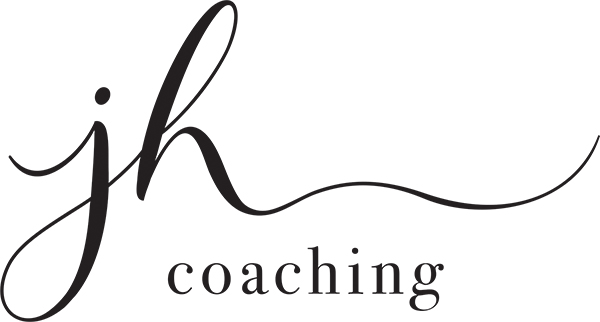If you were to look at your business today and identify the current problems, frustrations or areas where you would like improvement – at its essence – it will come down to personal development. Whether it’s increased sales, better service, more innovation, less turnover, better leadership, more accountability, higher productivity or simply better communication. If you were to look at what is underlying the behaviours you are witnessing in your business – it will come down to personal beliefs & values. We all act according to our beliefs & values.
This means that when you want to see different behaviours from people, you have to be willing to look at bit deeper and understand what belief is causing their current behaviour. Sometimes it will be their beliefs about themselves, sometimes it will be their beliefs about how they should be in your work environment (based on the norms they have witnessed over time) – it doesn’t really matter where the belief came from, it matters that you address it. As people start to learn & grow as individuals, so does your business. The quicker this learning & growth takes place, the quicker your business learns & grows.
The starting point of change is always the awareness of what is not working. The best way of addressing it is always direct, open conversation with the person concerned. Remember though, that sometimes ‘we’ (as managers) are the problem. So for example, if you are a manager and you are seeing less than desirable behaviour from someone on your team – you have to find the courage to address it (this is your personal development). The way in which you address it is also your personal development as a leader. Can you address it in a way that causes a positive outcome or improved behaviour over the long term? Are you aware of how you are perhaps causing this behaviour? Then, there is the awareness of the team member. Are they aware of their own behaviour being detrimental to the team or organization? When they receive the feedback – how do they handle it (this is their personal development).
The bottom line is that if you want your organization to grow & develop over time, the people in it need to grow & develop over time. If your organization is still operating in a hierarchical structure, then it will not evolve beyond its leaderships’ stage of development. If your organization is operating from a more flat, self-managing structure, then it will not evolve beyond everyone’s stage of development. The only way we can grow & develop in a timely, on-going basis is if we are getting this feedback from the people around us. This allows everyone to see more clearly what their strengths are, as well as their weaknesses. The result being that we all play more to our strengths and create teams where everyone is playing to their strengths. This is what every organization needs to be successful. Organizations and people are failing because there are areas where we simply don’t know, what we don’t know (lack of awareness) and how our behaviour is negatively impacting ourselves and our organization. The ability to learn as we go along, can transform organizations and people at a much faster rate and ultimately allow us to achieve our vision together. Everyone wants to contribute in a significant way. Together we can help each other do this – if we are willing to have open, honest conversations about our strengths & weaknesses.
treat people as if they were what they ought to be and you help them become what they are capable of being
–Johann Wolfgang von Goethe



